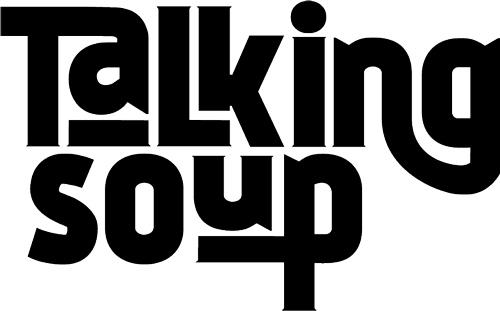Nothing prompts conversation with your inner self like a prolonged period of unemployment.
As a rule these conversations are awkward and furtive, sometimes slurred after a healing half-litre of fortified lager – like a 2am entreaty with the downstairs neighbour Trevor to please turn down the dub-step and go to bed. You don’t know him well, your self/Trevor – you both avoid each other with effort, adopting shoulder-skewed postures on the stairwell to ward against eye-contact. In fact, he’s a bit weird; you picture the surfaces of his living room furnished with quick-breeding colonies of small reptiles in perspex boxes. But the cause of mental well-being, which is much esteemed these days, requires the odd face-to-face exchange to redraw boundaries.
You can go for extended periods avoiding this self, or ‘Trevor’ – whose name I shall now substitute for Inner Self – with full-time work being the most dependable weapon for keeping Trevor firmly downstairs and out of your living quarters. Full-time work allows you to tether your identity and sense of purpose to that of a company or organisation. Their strategic goals and performance indexes morph into the contours of your ambition. Your most intimate hopes and fears take on the crisp lines and graceful curves of a spreadsheet.
And this is a good thing. The alternative is Trevor: a thousand afternoons spent bonding with your reptile-bothering neighbour, left to fend for yourself against his irritating habits and amateur DJ ambitions. John Keats and William Wordsworth used to lose themselves in birdsong and craggy fells. The modern employee can lose himself in Forward Planning and Project Deliverables. A pay-rise or Christmas bonus lends you all the joy and validation you’ll ever need. A promotion practically relegates Trevor to a damp cellar, chained to a radiator and moaning out of earshot.
Joseph Conrad wrote in his novel Nostromo: ‘Action is consolatory. It is the enemy of thought and the friend of flattering illusions.’ And there is no greater friend to thought– real thought, thought that transcends fiscal calendars and reporting deadlines, which takes in the sweep of life from mewling-crapping infancy to mewling-crapping old age – no greater friend indeed than sipping a mug of breakfast tea in your boxer shorts at the kitchen table at 11:15am on a Tuesday morning, while the salaried masses of the city toil, caught up in the ‘flattering illusion’ of remunerative employment.
Deep thought, experienced in this raw, unshowered state, is not an elevated thing of air and sunlight. It is a pallid earthworm making slow, wriggling progress through the leaf-litter of a sunless patch of garden. It involves questions like, ‘Should I move to Canada?’ or ‘Would I really make a good plumber?’ Too much of it and you’re hauling down your possessions and moving in with Trevor, to live forever among his multiplying reptiles and spider-plants.
The contemporary philosopher John Gray has expanded on Conrad’s words, which is always helpful:
“Action preserves a sense of self-identity that reflection dispels. When we are at work in the world we have a seeming solidity. Action gives us consolation for our inexistence. It is not the idle dreamer who escapes from reality. It is practical men and women, who turn to a life of action from a refuge of insignificance.”
Despite these sensible words, Professor Gray is actually making a case for a hermit life of contemplation, interspersed with the odd Socratic dialogue with your professor-friends and trips to the library. However, in the course of his illustrious academic career, I doubt he’s undergone overlong periods of unemployment. I wager John’s a relative stranger to the brisk services of his local Jobcentre Plus, and blessedly unaccustomed to the company of Trevor downstairs.
Reading across the text – one of the many important life-skills my university’s English department equipped me with – I interpret Conrad and Gray’s words as passages in a manifesto for Meaningless Action. This can be stretched to include most forms of contemporary employment. But not unemployment: that’s when things get horribly Meaningful, the pallid earthworm rears its ugly head, and Trevor comes a-knocking.
Gray writes of the ‘seeming solidity’ that the world of work gifts us. What more could you ask for? I love nothing better than solidity. All of my favourite objects are more or less solid, as is the larger portion of my favourite food. And it is only from the world of hard objects that a large enough cudgel can be found with which to batter Trevor into a bloody coma and leave him prostrate on his living room carpet among spilled pot-plants and scampering reptiles.
Ben is an occasionally employed person with a diverse skill set and a strong commitment to delivering sustaining project deliverables. He is also a contributing editor to Talking Soup.








